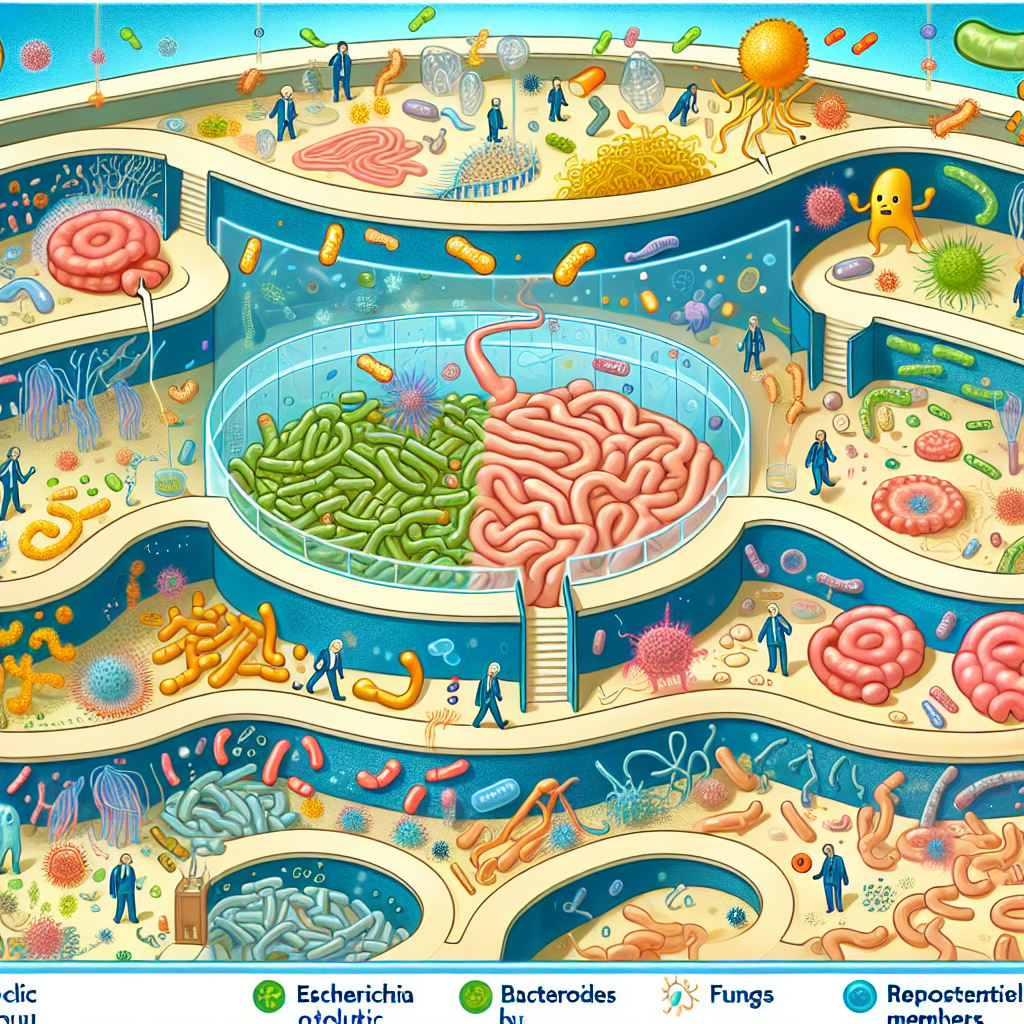Tag: natural healing
-
The body creates proteins through a process called gene expression, which involves the following steps: 1. DNA as the Blueprint:• Genes in DNA contain instructions for making specific proteins. 2. Transcription:• In the nucleus, the DNA sequence of a gene is copied into messenger RNA (mRNA) by an enzyme called RNA polymerase.• mRNA carries the…
-
What Are Enzymes? Enzymes are specialized proteins that act as biological catalysts, meaning they speed up chemical reactions in the body without being consumed or altered in the process. Without enzymes, most chemical reactions essential for life would occur too slowly to sustain biological functions. How Do Enzymes Work? Enzymes function based on the lock-and-key…
-
Gene expression is the biological process by which the information encoded in a gene (a segment of DNA) is used to synthesize functional products, such as proteins or RNA. This process is how genetic instructions are translated into the molecular machinery and functions of the body. It occurs in two main stages: 1. Transcription:• DNA…
-
The gut microbiome plays a critical role in cross-talk with the immune system, influencing both its development and regulation. Here’s why and how this interaction occurs: Why Does the Gut Microbiome Cross-Talk with the Immune System? 1. Shared Location:• The gut contains about 70% of the body’s immune cells, primarily in the gut-associated lymphoid tissue…
-
What is the Gut Microbiome? The gut microbiome refers to the trillions of microorganisms (bacteria, viruses, fungi, and other microbes) living in the digestive tract, primarily in the colon. These microbes play a significant role in overall health, influencing not just digestion but also the immune system, brain function, and more. Functions of the Gut…
-
Iodine Function in the Body Iodine is an essential trace mineral required for the proper functioning of the thyroid gland, which regulates metabolism, growth, and development. Key functions include: 1. Thyroid Hormone Production:• Necessary for synthesizing thyroxine (T4) and triiodothyronine (T3), the hormones that control metabolic processes. 2. Metabolism Regulation:• Influences energy production, protein synthesis,…
-
In addition to your liver, your gut microbiome also contributes to a radiant complexion. Discover how glowing skin begins with the connection between organic foods, gut health, and skin vitality. Primarily, ensure your food sources are organic. This is essential because your body works harder to eliminate chemicals like pesticides and herbicides, putting stress on…
-
Chlorine in water can compete with iodine in the body, and this competition occurs because both chlorine and iodine belong to the halogen group on the periodic table, along with fluorine and bromine. Here’s why: 1. Halogen Similarity • Chlorine and iodine are chemically similar, as they are both halogens. This similarity allows them to…
-
Incorporating avocados into a carnivore diet, which traditionally emphasizes animal-based foods, can offer several health benefits due to their rich nutrient profile. Here are some reasons why avocados may be advantageous: 1. Healthy Fats Avocados are abundant in monounsaturated fats, particularly oleic acid, which is known to support heart health by reducing bad cholesterol levels.…
-
A carnivore diet, which emphasizes animal products and excludes most plant-based foods, can impact gastrointestinal health and nutrient balance, including levels of vitamins and minerals like molybdenum. Here’s a breakdown: 1. Impact on Gastrointestinal Health • Reduced Fiber Intake:A carnivore diet lacks dietary fiber, which is essential for maintaining a healthy gut microbiome and promoting…

